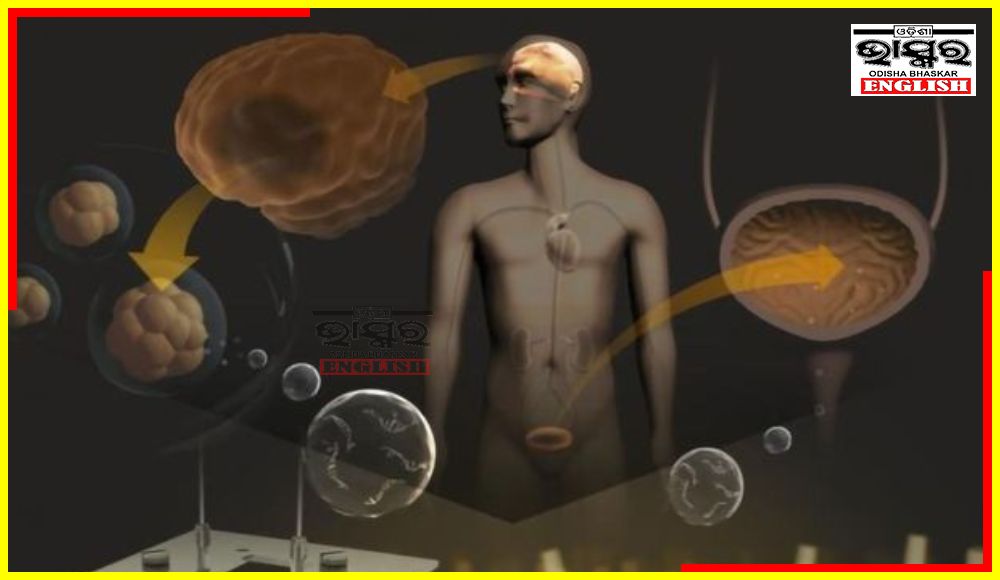Scientists have developed a new device that can detect brain tumors from urine samples.
Now cancerous cells of brain tumors are detected through invasive tests. According to a research document published in the journal ACS Nano, researchers from Nagoya University, Japan, have come up with a method for the early detection of brain tumors through a non-invasive process. This is expected to increase the survival rate for brain tumors. Tests for brain tumors are always done only after the onset of neurological symptoms, such as loss of movement or speech. By that time tumor has reached a considerable size.
According to recent Japanese research, when humans start developing a brain tumor, the presence of tumor-related nano-sized extracellular vesicles (EVs) occurs in their urine. Many EVs from cancer cells exist stably and are excreted in the urine without breaking down, the study said.
A research group led by Nagoya University, in collaboration with the University of Tokyo, Japan, has developed a new analysis platform for brain tumor EVs using nanowires at the bottom of a well plate, according to the study. Using this device, they identified two specific types of EV membrane proteins, known as CD31/CD63, from urine samples of brain tumor patients. The presence of these tumor-related proteins in urine will enable could enable doctors to identify tumor patients before they develop symptoms.




Comments are closed.